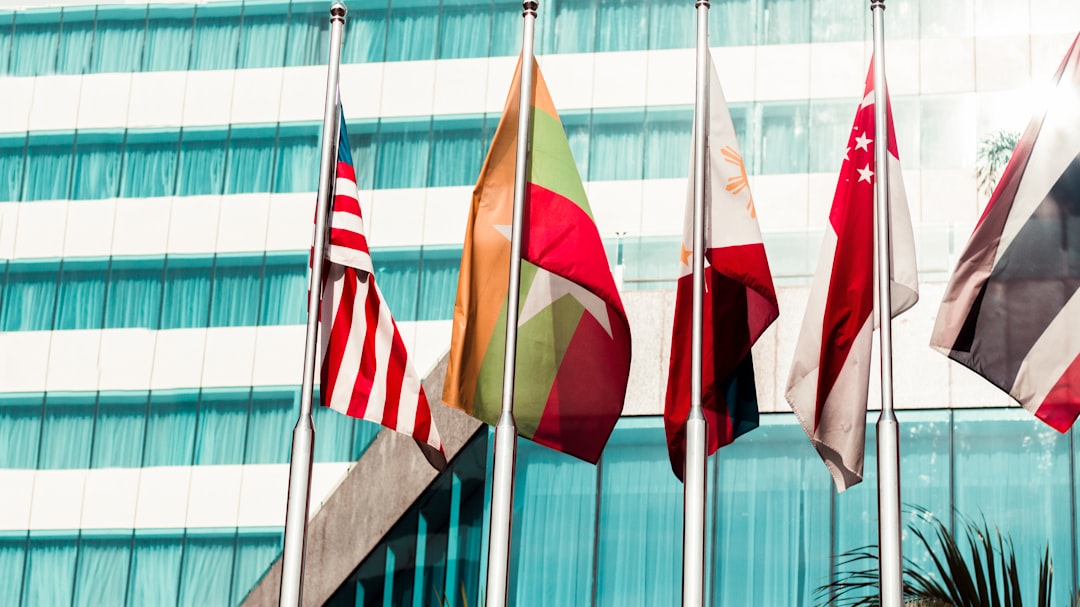What is it about?
We argue that US presidents choose targets that repress human rights since they are the easiest to sell to international and domestic audiences. By targeting repressive states US presidents can justify their use of force by cloaking their motivation in the language of human rights, responding to calls for intervention, pointing to the failure of international actors and institutions to resolve these problems, and building upon emerging norms that allow for intervention in repressive states.
Featured Image
Why is it important?
The diversionary theory largely focuses on the incentives leaders have to use force. However, little attention has been given to the characteristics that make for a good target.
Perspectives
This paper contributes to target selection process by offering a complete theory of diversionary conflict accounting for cost/benefit calculation of presidents. Moreover, we believe that our findings reveal human rights practices’ role in international conflict, as well.
Dr Efe Tokdemir
Binghamton University
Read the Original
This page is a summary of: When Killers Become Victims: Diversionary War, Human Rights, and Strategic Target Selection, International Interactions, August 2017, Taylor & Francis,
DOI: 10.1080/03050629.2017.1369412.
You can read the full text:
Contributors
The following have contributed to this page










